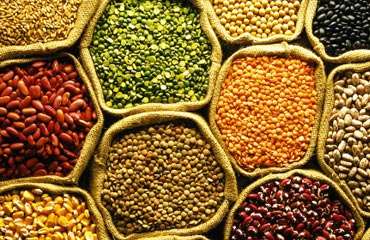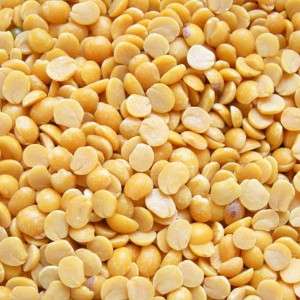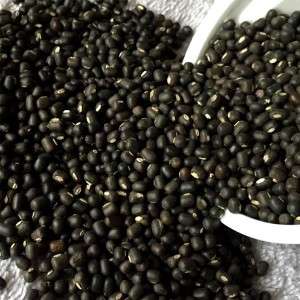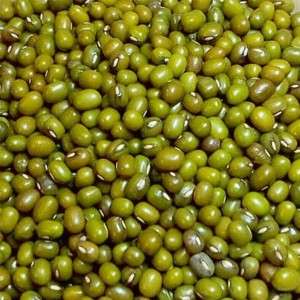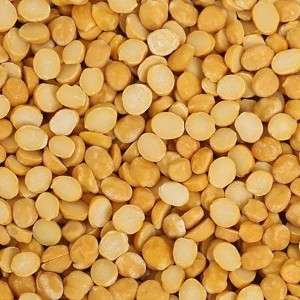Pulses in Goa
- Home
- Pulses
Pulses Manufacturers in Goa
We are one of the best Pulse Manufacturers in Goa and offer a wide variety of food grains in the market. These pulses are rich in fiber and protein while being low in fat and cholesterol. It contains iron, phosphorus, magnesium, zinc, and other minerals that are essential for a healthy, well-balanced diet.
As a reliable Pulse Wholesale Suppliers and Exporters in Goa, we provide a wide range of pulses in the market. Our collection includes Toor/Arhar Dal, Urad Dal, Moong Dal, Chana Dal, Pea Dal, Lentils, Khesari Dal, and different types of Organic Pulses at an affordable price range.
Toor/Arhar Dal
We are well known Arhar Dal Manufacturers in Goa and offer a wide variety of pulses in the market. The offered dal is rich in proteins, folic acid, nutrition, f...
Read More Get A QuoteUrad Dal
Baghel Agro Industries is well known Urad Dal Manufacturers in Goa who offers a broad range of pulses at the best price. It is the split black gram, which is hi...
Read More Get A QuoteMoong Dal
Are you looking for Moong Dal Manufacturers in Goa? If yes, Baghel Agro Industries is one of the best pulses suppliers in the market. Moong Dal is an Indian com...
Read More Get A QuoteGram/Chana Dal
Chana Dal is completely free of artificial polishing, making it completely safe to eat. It's a key component in vada, payasam, and a variety of other dishes...
Read More Get A Quote- Food Grains
- Pulses
- Vegetables
- Fruits
- Oilseeds
- Flowers
- Poultry Farming & Pet Animals
Organically grown produce has lower detectable levels of pesticide residue than conventionally grown produce. The produce may have residue due to pesticides approved for organic farming or because of airborne pesticides from conventional farms.
Organic foods have the same quantity of nutrients, vitamins, and minerals as non-organic meals. Organic foods usually contain fewer pesticides, fewer multidrug-resistant microorganisms, and no GMOs or foods.
Unfortunately, natural does not always imply organic, and there are no assurances. The organic food industry is the most tightly controlled. Only organic ensures that no hazardous synthetic pesticides, poisonous synthetic herbicides, or chemical NPK fertilisers are used in manufacturing, and that animals are not given antibiotics or growth hormones.
Organic products are more expensive than conventional ones.... In comparison to demand, organic food supply is restricted. Organic food production costs are often higher due to higher labour input and farmers' inability to produce enough of a particular product to minimise the overall cost.

